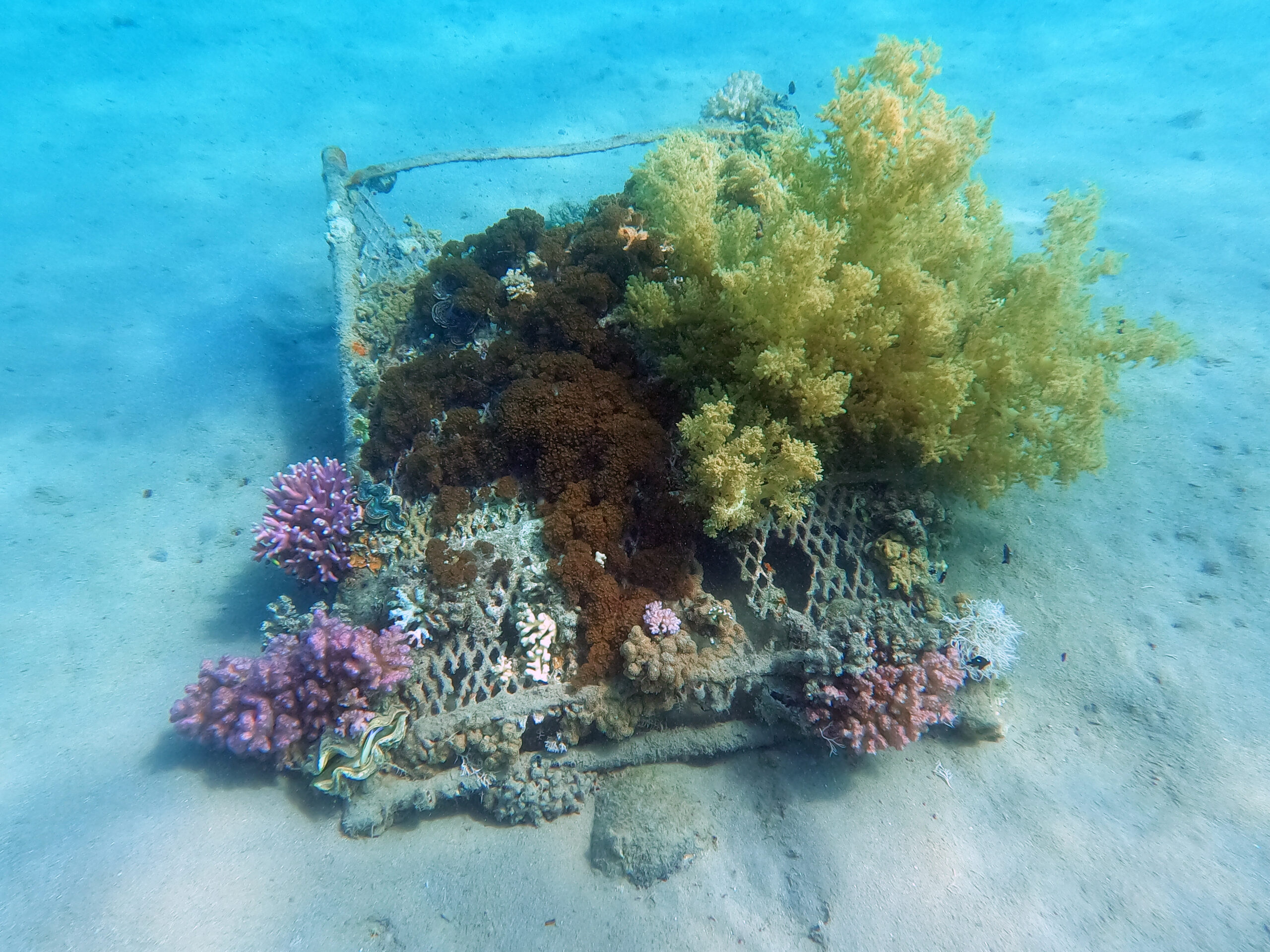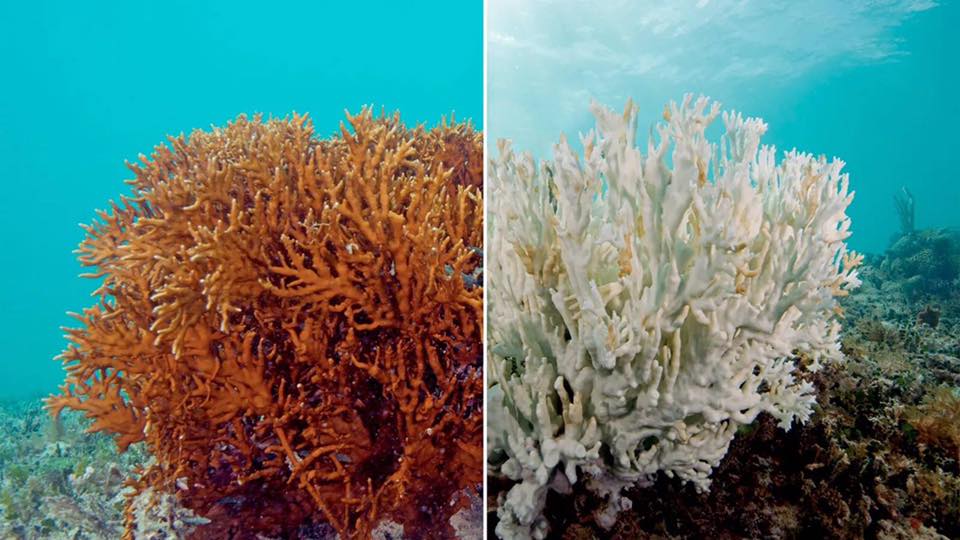Coral reefs are one of the most diverse and complex ecosystems in the world, providing habitat for thousands of marine species. Unfortunately, coral reefs around the world are under threat due to climate change, pollution, and overfishing. The Red Sea is no exception, with coral bleaching events becoming more frequent and severe in recent years.
To combat this problem, a number of coral planting projects have been initiated in the Red Sea. These projects aim to restore damaged or destroyed coral reefs by transplanting healthy coral fragments onto degraded areas. This process is known as “coral gardening”.
Corals are delicate creatures that require specific conditions to survive and grow. Coral gardens provide these conditions by carefully monitoring water temperature, quality, and nutrient levels. In addition, coral gardeners carefully select fragments from healthy donor colonies to maximize the chances of successful transplantation.
One example of a coral planting project in the Red Sea is the Coral Reef Restoration and Monitoring Project (COREM), which was launched in 2016 by the Saudi Wildlife Authority. The COREM project focuses on the northern Red Sea, where coral reefs have suffered significant damage due to human activities and climate change. The project’s goal is to plant 10 million coral fragments by 2029.
Another example is the Red Sea Conservation Foundation, which has been working to restore coral reefs in the southern Red Sea since 2012. Their coral planting efforts have resulted in the establishment of new coral gardens and the recovery of damaged reefs. The foundation also conducts research to better understand the factors that contribute to coral reef resilience.
The success of these projects depends on collaboration between scientists, conservationists, and local communities. Many coral planting initiatives involve training local people as coral gardeners, providing them with skills and employment opportunities while also raising awareness about the importance of coral reef conservation.
While coral planting projects offer hope for the restoration of damaged coral reefs, they cannot be seen as a long-term solution to the problem. Addressing the root causes of coral reef degradation, such as climate change and pollution, is essential to ensure the survival of these valuable ecosystems.
In conclusion, coral planting projects represent a promising approach to restoring damaged coral reefs in the Red Sea. By bringing together experts from a range of fields, these initiatives are helping to protect marine biodiversity and support local communities. However, a holistic approach is necessary to address the underlying causes of coral reef degradation, and ensure these valuable ecosystems continue to thrive for generations to come.





